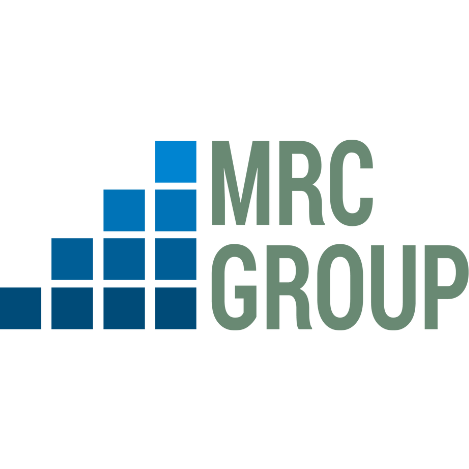






What's Happening?
The recent implementation of new policies by Nigeria's newly inaugurated administration, aimed at reviving the ailing economy, has raised concerns among the populace. Two significant policies include the removal of fuel subsidies and the unification of foreign exchange rates. While these actions are well-intentioned, they have resulted in an immediate ripple effect across various sectors. One area of particular concern is the potential impact of exchange rate unification on electricity tariffs, with many predicting a substantial increase in tariffs in the coming weeks.
The Link between Forex and Electricity Tariffs:
In the Nigerian Electricity Supply Industry (NESI), customer tariffs are determined by considering costs across the value chain, as well as various economic and industry-specific assumptions. These assumptions encompass factors such as inflation rates, energy losses, gas prices, energy delivery, and importantly, the foreign exchange rate between the Nigerian naira and the United States dollar.
Given that a significant portion of power sector assets and infrastructure in Nigeria is imported and denominated in dollars, the foreign exchange rate plays a crucial role in determining the cost of providing electricity services. Additionally, a considerable number of Nigeria's power plants rely on gas, which is purchased in dollars. To ensure efficient operation, these power plants must fulfil their payment obligations to gas suppliers.
Tariff Reviews and Impact on Stakeholders:
Tariff reviews by the Nigerian Electricity Regulatory Commission (NERC) occur bi-annually, allowing for adjustments to reflect any changes that have occurred in the preceding six months. The aim is to ensure that tariffs are cost-reflective, meaning that customers pay for the actual cost of generating, transmitting, and distributing electricity, while also providing a return on investment for licensees.
In past tariff reviews, the Forex rate used in calculations varied. For example, the July 2022 Multi-Year Tariff Order (MYTO) Review employed the average Forex rate from January to May, with a one per cent markup added. It remains unclear which methodology will be followed in the upcoming review.
NERC's consideration of the newly unified Forex rate in the tariff review is expected to have a significant impact. As historically non-cost-reflective tariffs have led to revenue losses for licensees, resulting in a decline in service quality, it is likely that NERC will factor in the unified Forex rate, potentially leading to a substantial increase in electricity tariffs.
Implications of the Incoming Tariff Review:
Apart from the Forex rate, another crucial factor with the potential to drive tariff increases is the inflation rate. The MYTO typically applies the average inflation rate from January to May for the rest of the year. Nigeria's inflation rate, as reported by the National Bureau of Statistics, has risen to 22.41 per cent, surpassing the assumed inflation rate of 18.60 per cent in the current MYTO released in December 2022. Consequently, the new electricity prices will reflect this change.
Conclusion:
The recent unification of foreign exchange rates in Nigeria, coupled with rising inflation, has created concerns regarding the impending tariff review in the electricity sector. While the exact impact on electricity tariffs remains uncertain, the use of a cost-reflective approach is crucial for the long-term sustainability and viability of the power sector. Stakeholders, including consumers and power companies, should closely monitor the tariff review process and engage with regulatory bodies to ensure transparency and fair outcomes that balance the need for affordable electricity with the financial viability of the sector.












